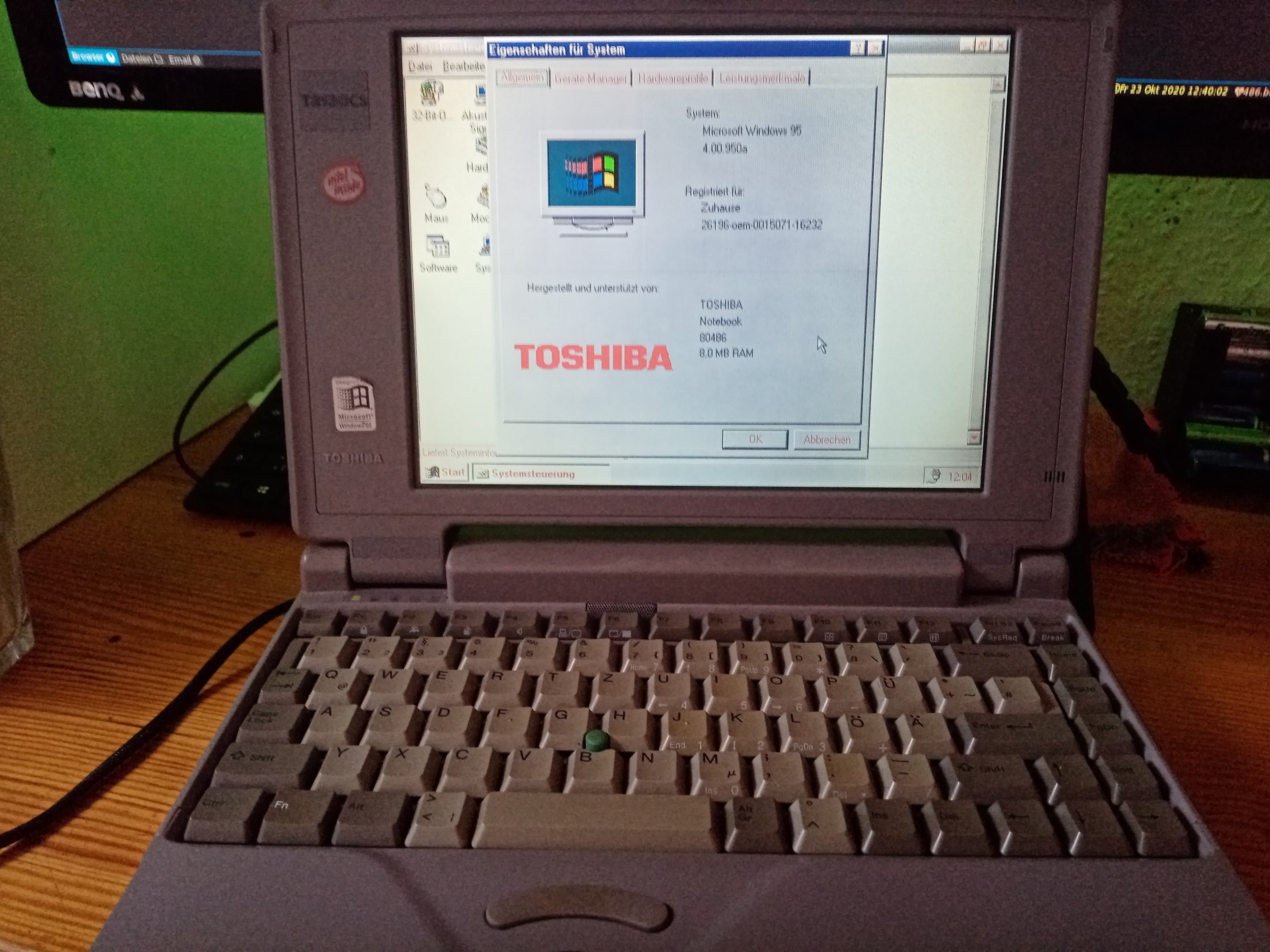I’m not a Linux guru, and I’m certainly not a genius (just ask my girlfriend, she’ll strongly confirm that last point ![]() ). But I have never had any problems with my Linux systems.
). But I have never had any problems with my Linux systems.
I’ve been using Linux since roughly 1994 (starting with Debian and Slackware); first it was an OS I installed and visited now and then, then I began using it pretty regularly (with copious distro-hopping) around 2008, and finally I went all-Linux in 2013.
In all that time, through various different distros, I have never had a distro break on me. To the best of my recollection, I have never had an unbootable Linux system (but I have had unbootable Windows systems a few times, oh yes). And I have never run any sort of system backup (although, obviously, I back up any important data to external drives).
My longest-running installation is SolydXK, with my original 2013 install still working great today (it was my #1 daily driver until late 2019, upgraded-in-place via their upgrade scripts through the years). I have a Debian Testing install that’s been running for 6 years, I ran a single Manjaro installation for almost 5 years, and I now have multiple Arch installs, with the oldest approaching the 5 year mark. No problems with any of them (beyond the usual and expected stuff, like a bug in KDE here and there on the rolling distros).
I’m going to share with you what has worked for me; take it or leave it as you will, but it’s definitely kept my systems running smoothly.
I call it The Tardy Way™. It consists of 2 simple rules:
1 - Don’t do anything stupid
2 - Don’t try to turn a distro into something it isn’t
Point number 1 can mean different things to different people, depending upon how much experience they have and how confident they are at problem solving. But basically, don’t do things you don’t understand. Don’t blindly input commands you found in a 5-year-old Reddit post into the terminal. Don’t edit a critical system file without making a backup (.bak) of that file. If you’re not confident in your abilities to recover a system, learn about and use Timeshift or some other system backup. If you’re running an Arch-based system, check the latest Arch announcements before doing an update.
Point number 2 just means don’t try to turn a rolling release into a fixed-point distro, and don’t try to load up Debian Stable with dozens of backported packages to make it more like Arch. Etc, etc, etc. Accept a distro for what it is, and don’t try to bend it to be something that it inherently isn’t.
The Tardy Way™ may not be the best way, it’s certainly not the only way, and of course your mileage may vary. But it has always worked 100% of the time in my favor. It’s simple to remember, it’s simple to implement, and I think it will work well for just about anyone.








